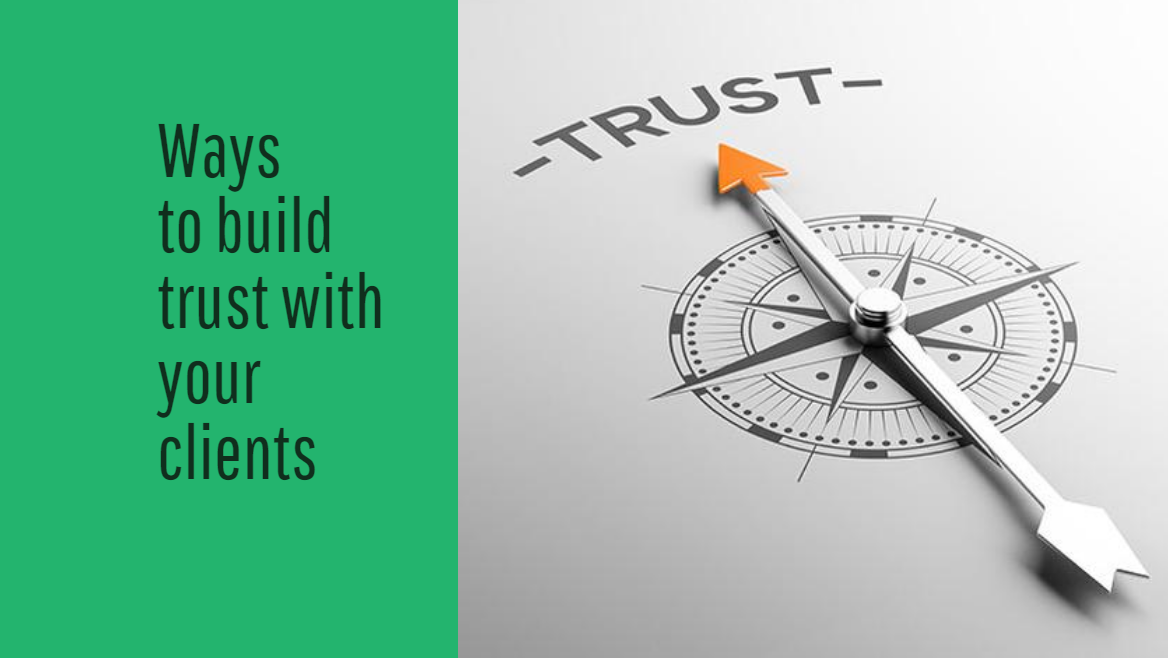How to Overcome Challenges in Remote Consulting Jobs
Overcoming challenges in remote consulting jobs is crucial for success. This guide provides practical tips and strategies to effectively navigate and overcome common challenges faced by remote consultants.

The rise of remote work policies has opened doors for geographically dispersed teams and boosted collaboration on a global scale.
This trend has fueled the popularity of remote consulting, offering professionals the flexibility to craft their work environment and seemingly achieve a perfect work-life balance, all while making a significant contribution to their field.
However, despite the allure of remote consulting, it's important to acknowledge the inherent challenges associated with providing expert guidance from a distance.
Booming Remote Consulting Industries: Find Your Lucrative Niche
In particular, this tendency is evident in the nursing sector, where various innovative remote positions are emerging, such as roles in sleep consultancy, health coaching, and workshop facilitation.
However, remote consulting has gained popularity beyond healthcare, reflecting the broader shift towards flexible work environments. There are lots of other notable industries where remote consulting has become increasingly widespread.
These branches demonstrate the versatility of remote consulting roles and how they cater to the evolving needs of the modern, digitally connected world.
Information Technology (IT) and Cybersecurity
With the rise of digital transformation, the demand for remote IT consultants who can guide businesses in technology integration and cybersecurity measures has grown significantly.
In this sector, remote consultants provide expertise in areas of:
- software development
- network security
- IT infrastructure.
Education and E-Learning

The shift to online learning platforms has amplified the need for consultants who can help educational institutions and companies enhance their e-learning offerings.
Remote education consultant jobs imply roles in:
- curriculum development
- educational technology integration
- instructional design.
Marketing and Digital Media

The digital nature of this field makes it well-suited for remote work, allowing consultants to collaborate with clients globally to optimize their online presence and marketing strategies.

In the marketing and digital media industry, remote consultants play a key role in areas such as:
- social media strategy
- digital marketing
- brand development
- content creation.
Top 7 Challenges in Remote Consulting: Navigating Digital Workspaces

The remote consulting sector, much like any industry that predominantly operates in a digital environment, faces a unique set of challenges.
Communication Barriers
The reliance on digital communication tools in remote consulting can pose significant difficulties, as the absence of non-verbal cues can easily lead to misunderstandings.
Thus, ensuring clear, effective communication across different time zones and cultures is a serious challenge.
Technology Dependency
Remote consulting fundamentally depends on technology, including stable internet connections, effective software tools, and cybersecurity measures.
Any technological failure can disrupt the workflow significantly.
Building Trust with Clients
Establishing trust remotely can be more challenging than in face-to-face interactions.
Consultants need to find ways to build and maintain trust without the benefit of physical presence.
Work-Life Balance
Remote work can blur the lines between personal and professional life, leading to challenges with a healthy work-life balance.
This can result in burnout or reduced productivity over time.

Client Engagement
Keeping clients engaged and motivated through virtual meetings can be challenging, especially when dealing with complex or sensitive topics.
Data Security and Privacy
Handling sensitive client data remotely raises concerns about data security and privacy.
Ensuring that client information is secure and that privacy laws are adhered to is crucial.
Adapting to the Client’s Technology Proficiency
Clients may be at varying levels of comfort and proficiency with technology. Consultants must adapt their approach based on the client's technical skills and resources.
These challenges require innovative solutions and adaptive strategies to ensure remote consulting remains effective and efficient in delivering value to clients.
Strategies to Overcome Challenges for Remote Consultants
How to Improve Communication in Remote Consultancy
- Employ diverse communication channels: Utilize various communication tools, including video conferencing, instant messaging, and project management platforms, to cater to different communication preferences and foster real-time interaction.
- Enhance communication clarity: Be mindful of cultural nuances and language barriers. Clearly articulate project goals, expectations, and deliverables. Actively seek feedback and address concerns promptly to prevent misunderstandings.
How to Deal with Technology Dependence
- Cultivate technological expertise: Stay up-to-date with the latest communication and project management tools. Continuously refine technological proficiency to ensure seamless remote collaboration.
- Implement contingency plans: Establish backup communication channels and protocols in case of technical glitches or internet disruptions to minimize the impact of technology-related setbacks.
How to Gain the Trust of the Client
- Establish credibility and professionalism: Showcase relevant experience, certifications, and testimonials to establish your expertise and trustworthiness. Maintain open communication and proactively address client concerns.
- Demonstrate consistent value: Deliver high-quality work consistently, exceeding client expectations. Proactively identify and address potential issues before they escalate, demonstrating your commitment to their success.

How to Maintain Work-life Balance in Remote Work
- Set clear boundaries: Define designated working hours and communicate them to clients. Establish a dedicated workspace free from distractions to enhance focus and productivity.
- Utilize time management tools: Employ reliable software for time tracking for consultants and scheduling techniques to prioritize tasks and avoid overworking. Incorporate regular breaks and mindfulness practices to maintain mental well-being.
How to Keep Clients Engaged
- Regular updates and proactive communication: Provide regular progress updates and seek feedback throughout the project lifecycle. To maintain clients' involvement, engage them in decision-making processes.
- Utilize collaborative tools: Leverage project management platforms and shared document repositories to foster transparency and collaboration. Encourage clients to share feedback and suggestions to enhance their sense of ownership.
How to Ensure Data Security and Privacy
- Implement robust security measures: Employ encryption techniques, password management protocols, and access control measures to safeguard sensitive client data. Regularly update software and security patches to minimize vulnerabilities.
- Clear data handling policies: Establish clear data handling policies and communicate them to clients upfront. Obtain explicit consent for data collection and usage, ensuring compliance with data privacy regulations.
How to Adjust to Clients' Level of Technological Proficiency
- Assess the client's technological literacy: Prior to engagement, evaluate the client's comfort level with technology. Adapt your communication and project management approach to suit their capabilities.
- Provide tailored training and support: Offer guided training sessions and comprehensive support materials to help clients familiarize themselves with relevant tools and technologies.
Skills to build
🎯 Remote consultants often juggle multiple projects. Effective time management skills are essential to deliver quality work within deadlines without burning out. Techniques like time blocking or the Pomodoro Technique can be particularly useful.
🎯 Networking is key in consulting. Building a supportive network of peers, mentors, and industry professionals can provide valuable insights, business opportunities, and moral support.
🎯 Implementing regular feedback mechanisms allows for continuous improvement. This can be in the form of client surveys and self-assessments. Constructive feedback helps identify areas of improvement and make necessary adjustments.
🎯 Continuous learning and upskilling are vital in the consulting world. Remote working consultants should invest time in self-development to stay updated with industry trends and technologies. This enhances their value to clients and their adaptability to changing market demands.
🎯Cultivating a strong remote work culture is crucial. It involves creating an environment based on trust and open communication.
Tools in Remote Consulting Jobs

Enhanced Communication Tools
Most remote work consulting firms rely on digital communication and make the best use of advanced communication tools like video conferencing, real-time messaging apps, and collaboration platforms.
These tools can easily bridge the gap caused by physical distance, which aids in building productive relationships with clients.
Flexible Scheduling
Remote consulting often involves working across different time zones.
Flexible scheduling can help consultants manage their time effectively, allowing them to be available for clients in different geographical locations while also maintaining a healthy work-life balance.

Robust Project Management Software
Implementing robust project management tools like Trello, Basecamp, and ClickUp can streamline workflow and track progress in providing consulting services.
These tools can significantly improve organization and efficiency in remote projects.
Data Security and Confidentiality
In a remote setting, ensuring data security and client confidentiality is paramount.
Secure networks, reliable VPNs, and educating team members about cybersecurity best practices can safeguard sensitive information.
Conclusion
Overcoming challenges in remote consulting jobs hinges on the following:
- developing strategies that foster flexible scheduling, continuous learning, and a strong remote work culture.
- embracing advanced digital tools for effective communication and project management.
These approaches enhance efficiency and client satisfaction and contribute to a more balanced and fulfilling work experience for consultants.
If you're navigating the unique challenges of remote consulting, consider TMetric for time tracking for consultants as your go-to solution.
TMetric enhances time management and ensures seamless integration of work and life, making your remote consulting experience more efficient and productive.


